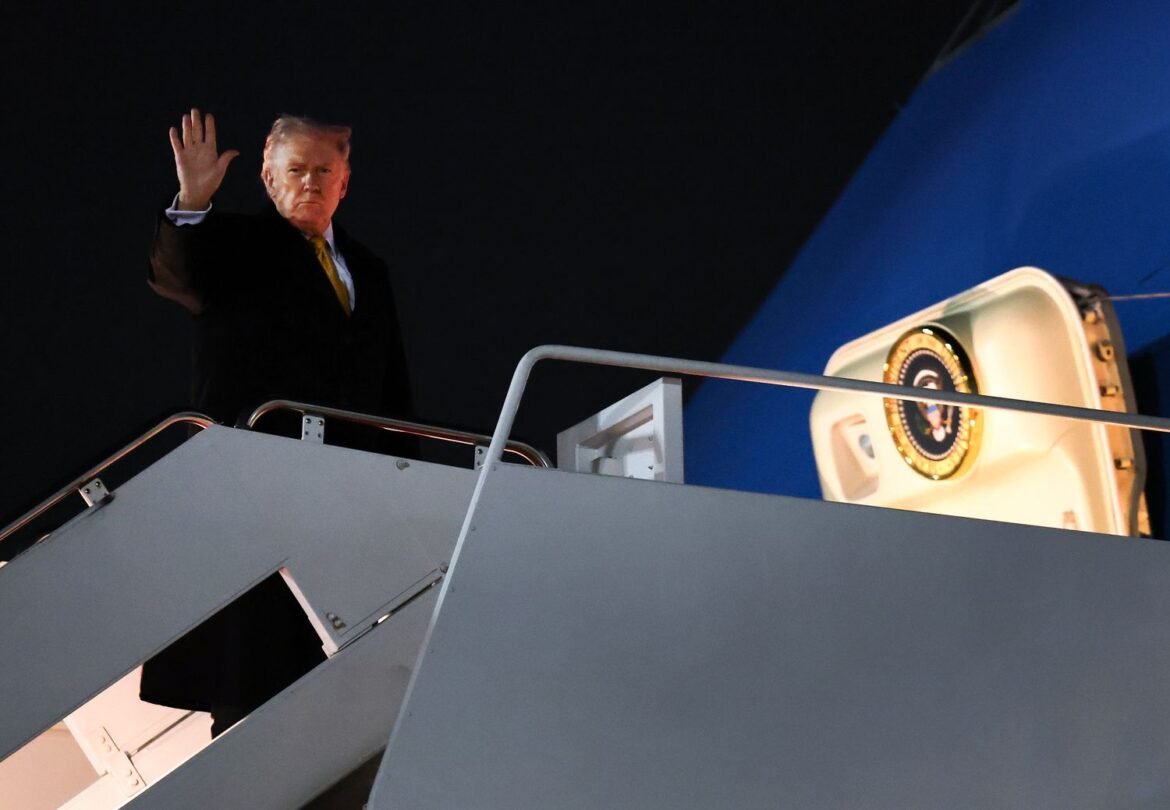Key Takeaways
- President Donald Trump on Sunday once again raised the possibility of a tariff dividend check to Americans.
- In a message on Truth Social, Trump suggested that a check could be worth “at least” $2,000 per person, though “high income” earners would not be eligible.
The president says he still wants to send you a check.
President Donald Trump in a Sunday morning message on Truth Social said a “dividend of at least $2000 a person” would be paid to “everyone.” Further details regarding timing and eligibility were not immediately available, and the White House did not respond to emailed questions in time for publication, but Trump in his message said “high income” earners would not receive the payment.
“People that are against Tariffs are FOOLS! We are now the Richest, Most Respected Country In the World, With Almost No Inflation, and A Record Stock Market Price,” Trump’s message read.
Why This Matters to Americans
President Trump and other leaders continue to talk about the possibility of sending checks to Americans; some states are already doing it in different forms. Whether federal checks will arrive, and in what form, remains an open question.
Trump’s statement advanced a notion that has made the rounds in different forms this year, with members of Congress at times discussing the possibility of stimulus checks. New York state is sending “inflation refund” checks to some residents.
The president himself has discussed the topic, though a payment at or above $2,000 would be higher than some amounts he has mentioned. Earlier this year, the idea of “DOGE dividends” was also floated.
The Supreme Court last week heard oral arguments in a case that raised questions about Trump’s authority to levy tariffs in the fashion his administration has adopted in his second administration.
The case has raised questions not only about presidential power but about what might follow if some of Trump’s tariffs are overturned on legal grounds, injecting fresh uncertainty into the outlooks of companies, economists and investors as the fourth quarter begins its home stretch.
U.S. stock markets slid last week, pulled lower in part by trade questions, though job-market concerns and high share valuations, as well as questions about the path forward for interest rates, also played a part.



